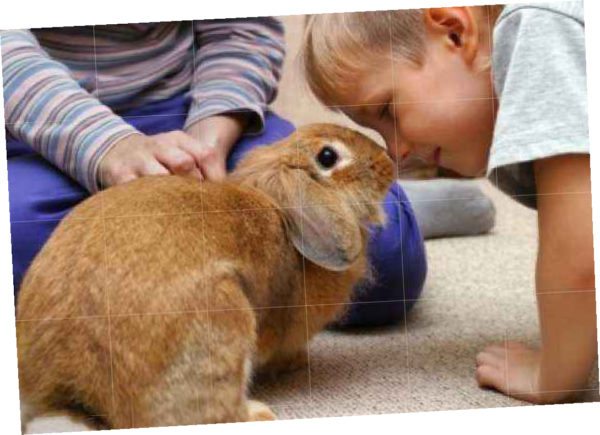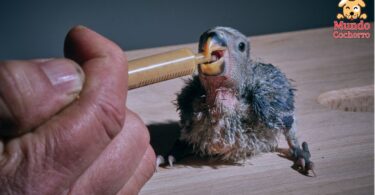Do you have a reptile at home and want to know how to feed it correctly? Feeding your reptile requires knowledge of the specific dietary needs of the species. This way you will be able to provide them with adequate food to maintain their health and well-being.
Indice
Reptiles are animals that can hold a great fascination for many people. Their peculiar characteristics make them an interesting option to have at home. But the reality is that these are animals that have a specific diet to keep them healthy. If you are considering adopting a reptile, it is important that you understand how to feed it properly.
Feeding your reptile
In this post we prepared some general tips on how to feed your reptile. Take note!
- Research the needs of your species: Each reptile species has unique dietary requirements. Research and understand the natural feeding habits of your particular reptile. Some are carnivores, others are herbivores and others are omnivores.
- Variety in diet: Provide a varied diet to ensure that your reptile receives all the necessary nutrients. This may include insects, worms, vegetables, fruits and other foods suitable for their species.
- Fresh and quality food: Use fresh and high quality food. Insects should be bred or purchased from reliable sources and fed properly before offering them to your reptile.
- Supplementation: For some species, it may be necessary to provide vitamin and mineral supplements to ensure that they receive all the necessary nutrients. Consult with a reptile veterinarian to determine if your reptile needs supplements.
- Prey size: If you have a carnivorous reptile, be sure to offer prey appropriate to the size of your reptile. Prey should not be larger than the reptile’s head to avoid ingestion problems.
- Feeding frequency: Feeding frequency varies according to the species and age of the reptile. Some reptiles are fed every day, while others only need food every few days. Research the specific recommendations for your species.
- Consistent schedule: Establish a consistent feeding schedule for your reptile. This can help you maintain your natural eating habits and avoid health problems.
- Good hygiene habits: Wash and sanitize dishes and food containers regularly to prevent bacterial growth.
Behavioral changes
It is good to observe the behavior and health of your reptile. If you notice changes in appetite, weight loss or abnormal behavior, consult a reptile veterinarian.
Another tip is that if you introduce new foods into your reptile’s diet, do so gradually to allow it to adapt and avoid digestive problems. Finally, make sure your reptile is getting enough sunlight. This will help your reptile absorb nutrients from the food and stay healthy.
Remember that each reptile species has unique dietary needs. It is always advisable to thoroughly research the needs of your particular reptile and consult with a reptile veterinarian to ensure that you are providing an adequate and balanced diet.
Image courtesy of https://pixabay.com, all rights reserved.







